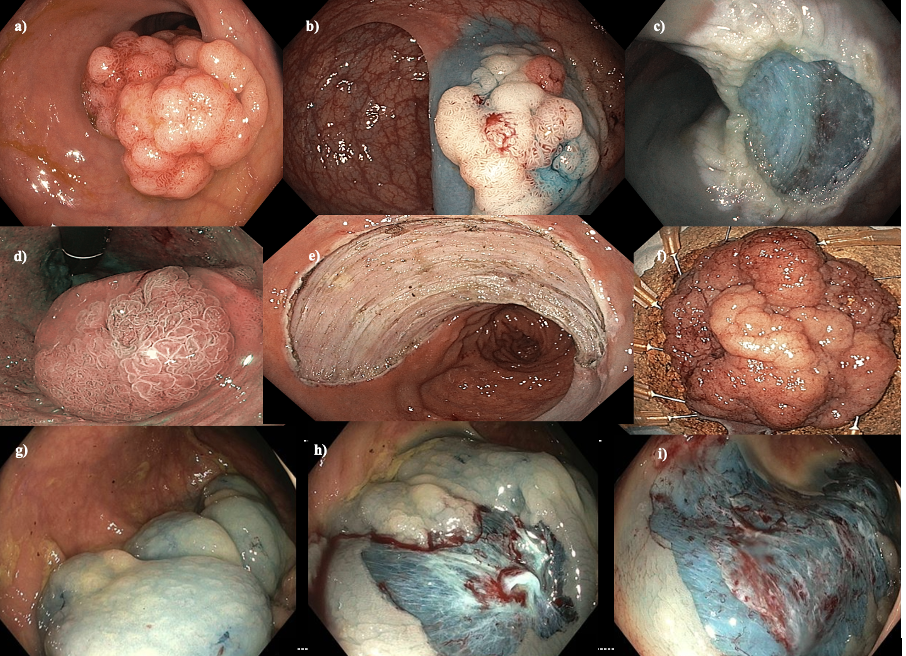Vitamin B12 deficiency can be a clinical indicator of various gastrointestinal disorders, and whether it warrants an endoscopy depends on the patient’s overall clinical picture and associated symptoms.
When to Consider Endoscopy for Vitamin B12 Deficiency
1. Abdominal pain, diarrhoea, weight loss may indicate the presence of Crohn’s disease
2. Pernicious Anemia: This is a common cause of B12 deficiency due to gastric atrophy and loss of intrinsic factor. An endoscopy may be indicated to assess the extent of gastric changes, especially in the presence of risk factors for gastric carcinoma.
3. Atrophic Gastritis and Intestinal Metaplasia: These conditions can lead to B12 deficiency and may require endoscopic evaluation for diagnosis and surveillance.
Other Considerations
- Non-invasive Testing: Before proceeding to endoscopy, other non-invasive tests might be conducted, like blood tests for antibodies associated with pernicious anemia or tests for H. pylori infection, which can cause atrophic gastritis.
- Differential Diagnosis: It’s important to rule out other common causes of B12 deficiency, such as dietary (Vegans), malnutrition, malabsorption syndromes like coeliac disease.
In summary, while vitamin B12 deficiency alone does not always necessitate an endoscopy, it should prompt a thorough clinical evaluation. If the deficiency is accompanied by gastrointestinal symptoms, risk factors for gastric pathologies, or other concerning features, an endoscopic investigation may be warranted to identify and address any underlying gastrointestinal causes.



